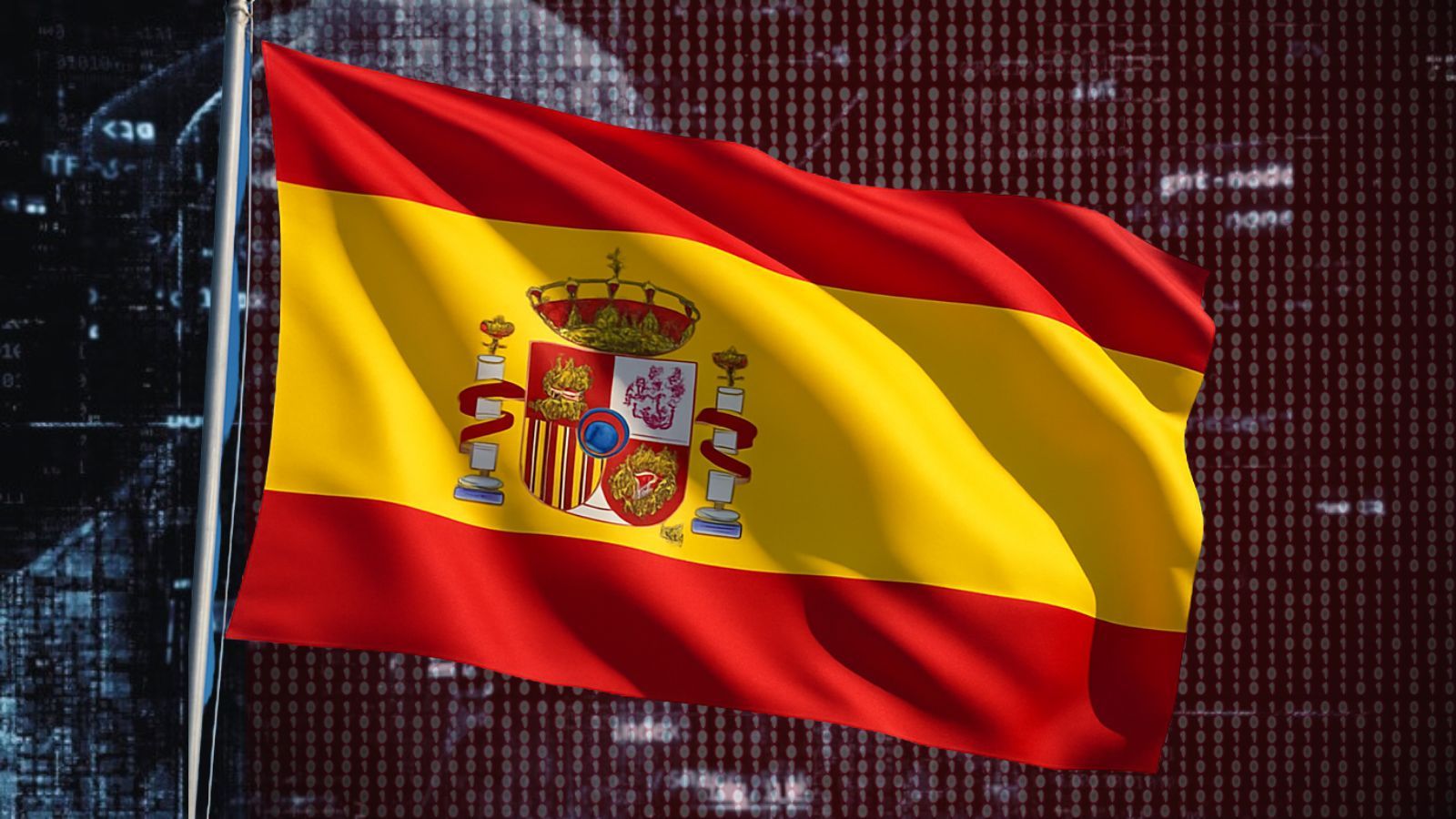
Spanish Kid Investigated for AI-Generated Nude Images of Female Classmates, U.K. Student Imprisoned for Selling Phishing Kits
- Teen deepfakes probe: A student in Valencia is suspected of creating deepfake nude images of female classmates for selling them.
- Victim scope: Sixteen girls complained to the police that AI-created deepfake nudes are circulating online.
- U.K. case: Another youngster was imprisoned for selling phishing kits to fraudsters in the U.K.
A Spanish teenager suspected of using artificial intelligence (AI) technology to create explicit images of classmates is being investigated by authorities in Valencia, Spain, raising legal and ethical concerns about the misuse of deepfake technology. In another incident involving youth cybercrime, a university student in the U.K. was sentenced to seven years in prison for selling phishing kits used in global financial fraud schemes.
Details of the Two Incidents
The 17-year-old student at an educational institute in Valencia reportedly used artificial intelligence tools to manipulate images of 16 female classmates, Reuters recently reported. The girls complained about the teen creating convincing explicit content that was later circulated online.
He is currently investigated for alleged corruption of minors. Reports suggest that some of the obscene content may have been offered for sale, amplifying concerns regarding the targeted exploitation of minors.
In December, a minor teenage girl complained to police about AI-doctored photos and videos of herself, allegedly made to depict her “completely naked,” that were posted on a social media account impersonating her. The Spanish Civil Guard confirmed the story on Sunday, adding that indecent deepfakes of several other minors were distributed on the said account.
Ollie Holman, a 21-year-old university student from West London, was sentenced on July 23 to 7 years in prison for selling over 1,052 phishing kits used to defraud 69 financial institutions and large organisations in 24 countries of millions and received a Serious Crime Prevention Order. Holman pleaded guilty to multiple charges, including aiding fraud and handling criminal property.
Legal and Ethical Context: Crime or Not?
Spain currently lacks comprehensive laws addressing emerging cybercrimes involving minors and unauthorized AI-generated explicit images, though the government introduced a bill in March 2025 to criminalize distributing such content, Reuters said. However, this legislation has yet to pass, leaving cases like this amid legal ambiguity.
The misuse of deepfake technology raises alarming questions about digital ethics and the safeguarding of minors in the age of AI. “AI is a term that can evoke both excitement and fear, a force that often (over) promises to reshape our world in ways we're only beginning to grasp,” said Stuart McClure, CEO, Qwiet AI, on AI Appreciation Day.
Similar incidents in Spain in 2023, where minors disseminated deepfake images, resulted in probation sentences rather than harsher legal repercussions. In September 2024, Telegram took down deepfake pornography following South Korean pressure. The individual involved in the AT&T and Verizon hack was 20 when he was arrested last year.








